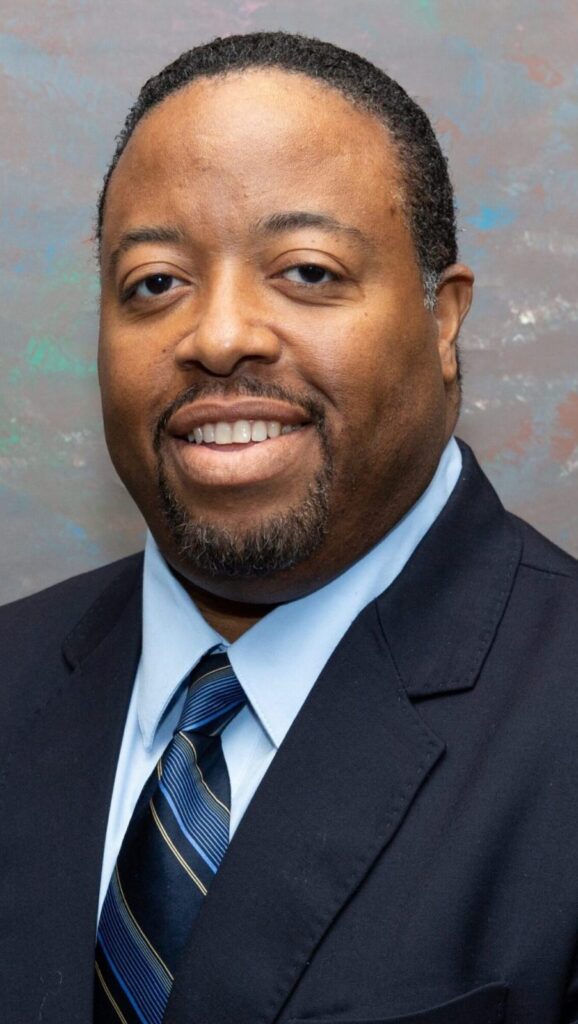PrincipaI Investigator and Program Director

Gregory Hicks, PT, PhD, FAPTA
Professor Hicks is a clinician-scientist and a full professor in the University of Delaware Department of Physical Therapy, which ranks #1 nationally. Recently, he completed a successful five-year term as Department Chair, during which time the DPT program thrived, expanded and became more diverse. Dr. Hicks’ laboratory has had significant funding from the National Institutes of Health since 2008, including major funding for projects focused on the development and testing of interventions to improve physical function for older adults with chronic low back pain. His publication record and ongoing research demonstrates a deep understanding of the relationships between spinal disorders and functional performance in the older population, as well as his ability to conduct studies of adults with painful conditions. In addition to this primary line of work, he has been intimately involved as a collaborator in NIH-funded studies focused on understanding physical function drivers among typically aging adults and older adults post hip fracture. Professor Hicks received two B.A. degrees and a MPT degree from the University of Delaware, a Ph.D. from the University of Pittsburgh and was a postdoctoral fellow at the National Institute on Aging.
My tenure as a clinician-scientist at the University of Delaware and my scientific collaborations with investigators at leading institutions nationally have given me a unique perspective and vision for the future of clinical and translational research across our partner institutions. I have a distinct vision focused on reducing variability in research-related processes across our partner institutions so as to efficiently create large-scale improvements in our clinical and translational research capacities; this will ultimately lead to an improvement in the health outcomes for all Delawareans. To achieve and sustain this vision, we need to establish a layered infrastructure, which includes human resources, policies, procedures and a sustainable fiscal model for this infrastructure. In the coming years, I would like to see our team focused on (1) developing much-needed research resources to support clinical and translational research growth (i.e. centers focused on recruitment, project management and data coordination); (2) developing partnership networks with established CTSAs and CTRs to advance our mission of improving health in Delaware; (3) enhancing our focus on healthcare disparities (via increased community engagement efforts and strategic efforts to diversify the research workforce); and (4) developing a stewardship model focused on sustenance and continual growth of the infrastructure and foundation that has been laid by NIH resources.
Program Coordinator

David Edwards, PhD
Dr. Edwards is a Professor of Kinesiology and Applied Physiology, and Biological Sciences, and previously served as Associate Dean of Research for the College of Health Sciences. His research focuses on vascular physiology, both understanding mechanisms of vascular dysfunction and studying interventions that may improve vascular function and involves numerous collaborations. His work is currently primarily focused in two areas, vascular and hemodynamic consequences of dietary sodium consumption and the study of mechanisms and potential interventions for vascular dysfunction and abnormal hemodynamics in patients with chronic kidney disease. His work has been funded by the NIH and the American Heart Association (AHA). He has served on several NIH and AHA study sections most recently serving on the NHLBI Mentored Transition to Independence Review Committee. He serves as. Senior Editor for Experimental Physiology and on the Editorial Board for the Journal of Applied Physiology. Dr. Edwards is a former Delaware INBRE pilot project investigator who successfully transitioned to independence. Currently, he serves on the DE-INBRE Research Committee and previously served as the DE-INBRE Cardiovascular Research Theme Leader. He leads the Phase II COBRE in Cardiovascular Health at the University of Delaware that was recently renewed by NIGMS.